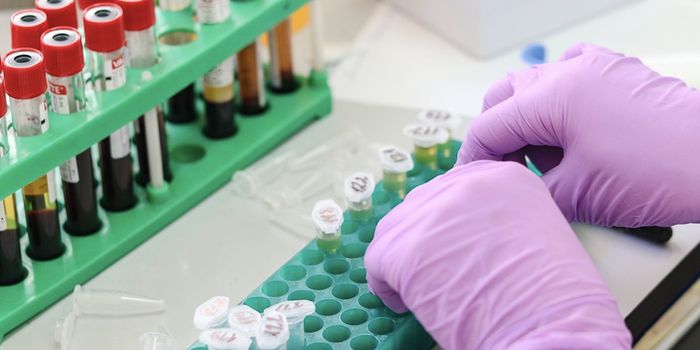Why Do 1 in 15 Physicians Experience Suicidal Ideation?

Studies show that in the US, physicians are more likely than non-physicians to experience work-related stressors before suicide. Research also demonstrates that 1 in 15 physicians experience suicidal ideation. While physician burnout and suicide are a growing public health concern, the exact nature of stressors leading to these outcomes has remained unknown.
In the present study, researchers used a combination of thematic analysis and natural language processing to examine death investigation narratives of 200 physician suicides with implicated job problems from the National Violent Death Reporting System database between 2003 and 2018.
They uncovered six overarching themes from the analysis: "incapacity to work due to deterioration of physical health, substance use jeopardizing employment, interaction between mental health and work-related issues, relationship conflict affecting work, legal problems leading to work-related stress, and increased financial stress."
"We often overlook the physical health of our health care workers, but poor health can lead to difficulty performing tasks at work, which then leads to job stress and mental health issues," said Kristen Kim, MD, a resident physician in psychiatry at UC San Diego Health, and one of the study's authors.
The authors outlined several short and long-term solutions in their paper. They noted that access to primary care services should be improved for physicians, scheduling challenges minimized, and concerns about confidentiality addressed. They also noted that medical schools and health care systems should provide additional personal finance education and legal support.
In the longer term, the authors suggested broader structural and cultural changes to address workplace stress and poor physician self-care. Dr. Kim said, "The unspoken culture of medicine encourages self-sacrifice, deferred needs, and delayed rewards. {...} We always want to put our patients first, but healers cannot optimally heal unless they themselves are first whole."
"There is a lot of work to be done, but identifying and acknowledging the problem is always the first step towards a solution, and that's exactly what we're doing," she concluded.
Sources: Science Daily, Suicide and Life-Threatening Behavior








